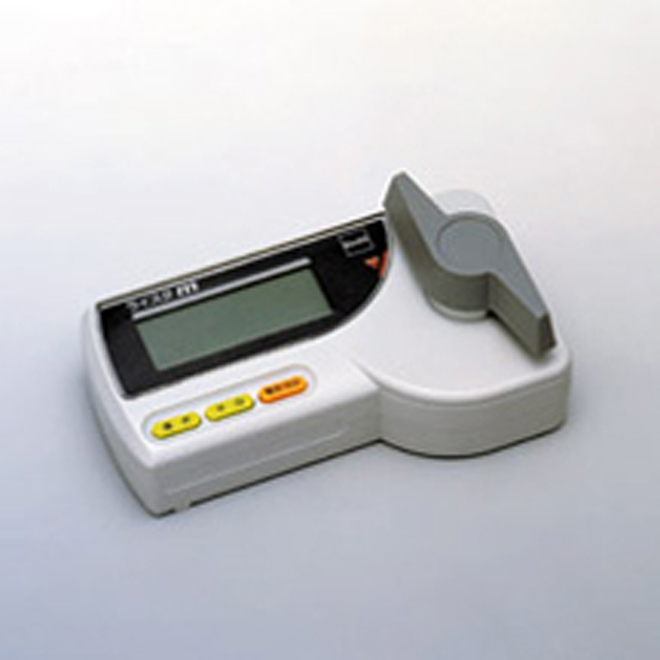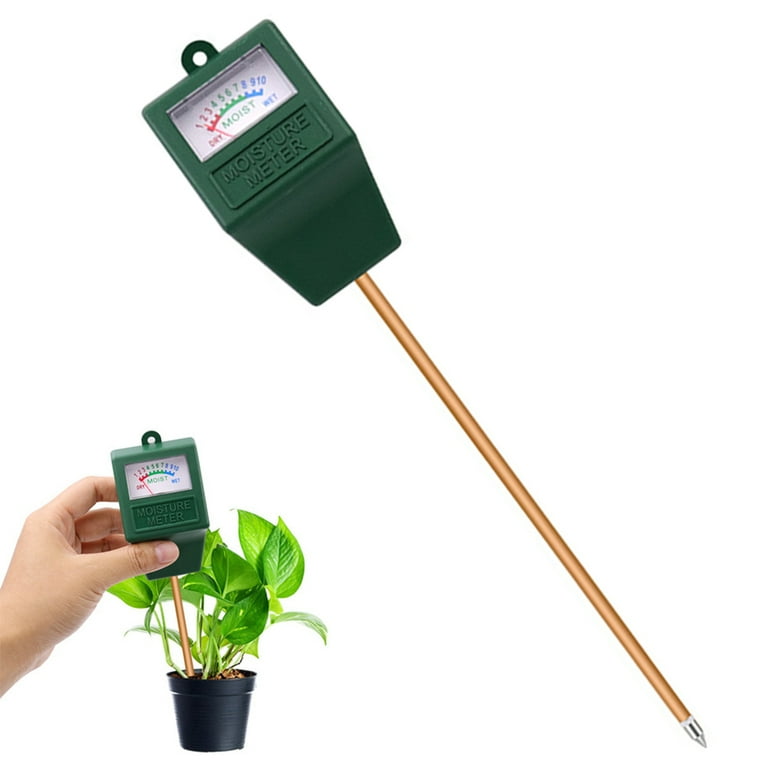Moisture Meter Reviews: Comparing the very best Models for Professional and Do It Yourself Usage
Moisture Meter Reviews: Comparing the very best Models for Professional and Do It Yourself Usage
Blog Article
The Ultimate Guide to Wetness Meters: A Comprehensive Review and Exactly How They Can Conserve You Cash
Wetness meters offer as vital tools in detecting and keeping track of moisture web content in materials, assisting in avoiding pricey problems and ensuring the high quality of items. Comprehending the nuances of different types of wetness meters, their applications, and the possible cost-saving benefits they use can be a game-changer for services and professionals alike.
Sorts Of Moisture Meters
One usual type is the pin-type moisture meter, which measures the electric resistance in between two pins inserted right into a product. Pinless dampness meters, on the other hand, usage electromagnetic sensor plates to check a larger location without causing damages to the product's surface.

Infrared dampness meters gauge the thermal residential or commercial properties of a product to establish its wetness material non-invasively, making them valuable for applications where pin or pinless meters might not be appropriate. Comprehending the various types of moisture meters readily available can aid sectors choose the most proper device for their specific wetness measurement needs.

Benefits of Utilizing Wetness Meters
Moisture meters use vital advantages in precisely keeping track of and analyzing dampness degrees in varied materials and atmospheres. One of the key advantages of utilizing dampness meters is the prevention of potential damages caused by excess moisture.
Additionally, making use of dampness meters can result in boosted power performance. By identifying areas with high wetness degrees, such as leaks or inadequate insulation, changes can be made to boost energy conservation and lower utility costs. In agricultural setups, dampness meters play a critical duty in optimizing crop returns by enabling farmers to keep track of soil dampness levels and make educated watering decisions. Generally, the benefits of utilizing dampness meters cover throughout numerous markets, giving cost-efficient services and promoting better quality assurance practices.
Exactly How to Select the Right Moisture Meter
When choosing a wetness meter, it's crucial to guarantee that the meter is suitable for the specific material you will be screening. Various products have varying electric properties that can impact wetness readings, so picking a meter made for your material is crucial for precise results. By meticulously assessing these aspects, you can select a dampness meter that satisfies your requirements and provides accurate dampness measurements for your projects.
Correct Techniques for Moisture Meter Usage

Expense Financial Savings With Dampness Meter Applications
Exactly how can the critical usage of moisture meters bring about significant expense savings across numerous sectors? Wetness meters play a critical role in cost savings by avoiding prospective damages and making certain quality assurance in various markets. In the agriculture industry, wetness meters aid in establishing the optimal time for harvesting plants, avoiding excess or over-drying wetness that can influence the end product's quality. This specific surveillance aids farmers avoid unneeded losses and maximize their yield.
Likewise, in building and construction, moisture meters help prevent costly damages by finding wetness degrees in structure materials, such as look at this site wood or concrete, which can bring about architectural concerns otherwise resolved quickly. By recognizing trouble areas at an early stage, specialists can take rehabilitative steps to prevent substantial repair services or replacements, eventually conserving money and time.
Additionally, in the food processing market, dampness meters are necessary for checking item top quality and guaranteeing conformity with security guidelines. By properly measuring dampness content in foodstuff, manufacturers can avoid wasting, preserve freshness, and lower waste, resulting in substantial cost savings. In general, the critical application of dampness meters is an important financial investment that can result in significant cost decreases and enhanced effectiveness across different industries.
Conclusion
To conclude, wetness meters are valuable tools for spotting and determining moisture degrees in numerous products. By utilizing the appropriate dampness meter and complying with correct techniques, individuals can successfully stop expensive damages caused by excess dampness. Purchasing a quality moisture meter can result in considerable cost savings in the future by recognizing prospective issues beforehand and enabling timely removal. Inevitably, dampness meters are necessary instruments for maintaining the stability and durability of products and frameworks.
Moisture meters serve as crucial devices in detecting and keeping an eye on moisture content in products, assisting in stopping pricey problems and making certain the high quality of products. Infrared wetness meters measure the thermal properties of a material to identify its wetness content non-invasively, making them beneficial for applications where pin or pinless meters may not be appropriate.Wetness meters supply vital benefits in precisely monitoring and examining wetness levels in diverse products and atmospheres. In agricultural settings, moisture meters play an essential role in optimizing plant yields by making it possible for farmers to keep my explanation track of soil moisture levels and make educated irrigation choices.In conclusion, moisture meters are valuable devices for discovering and measuring wetness degrees in numerous products.
Report this page